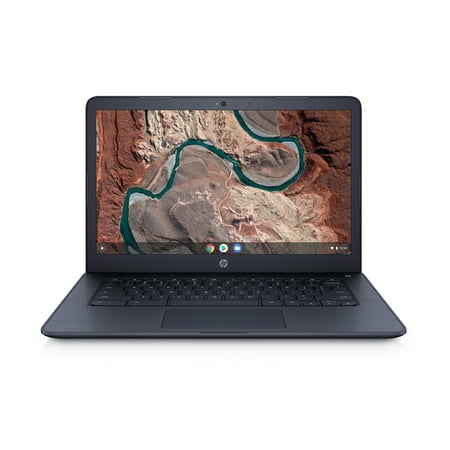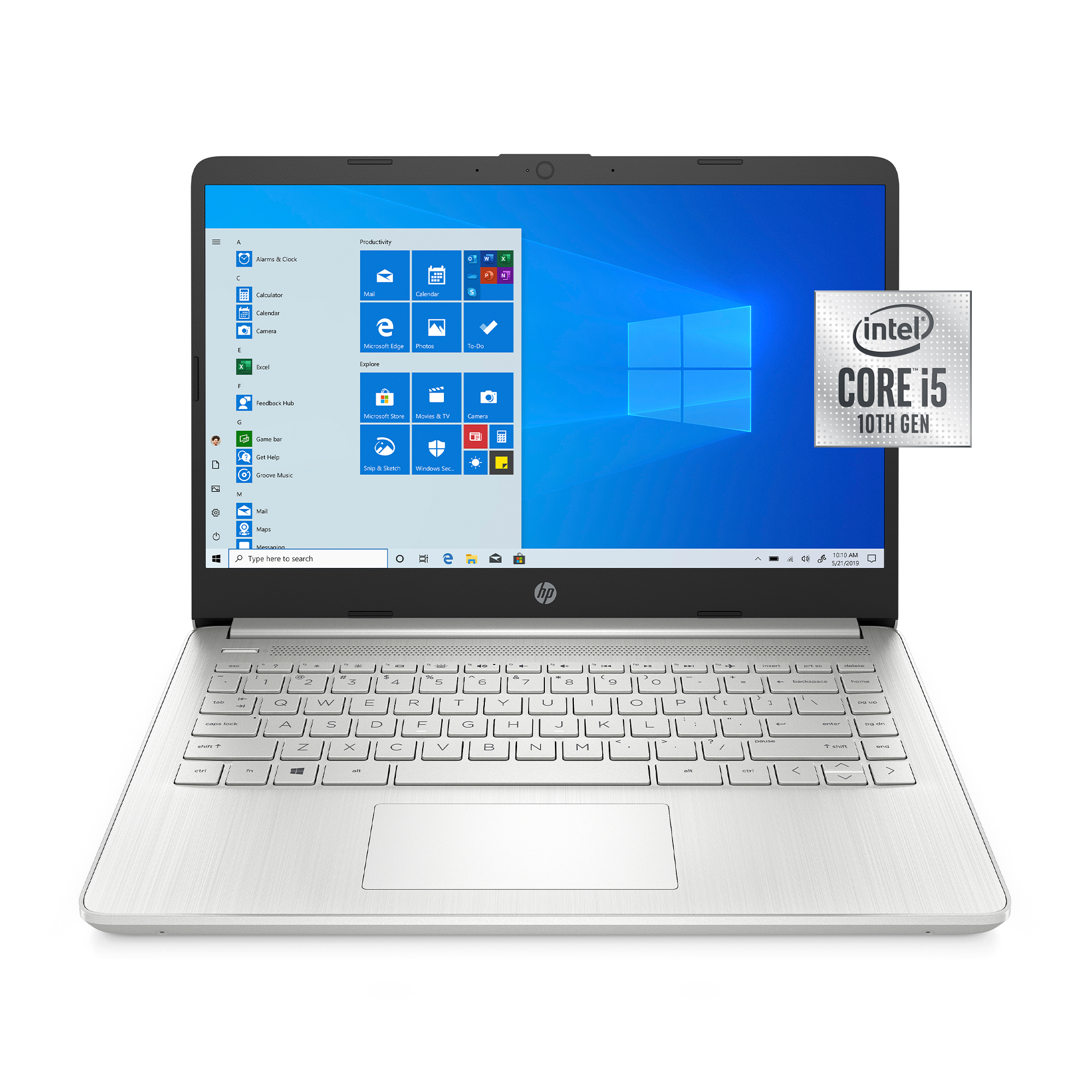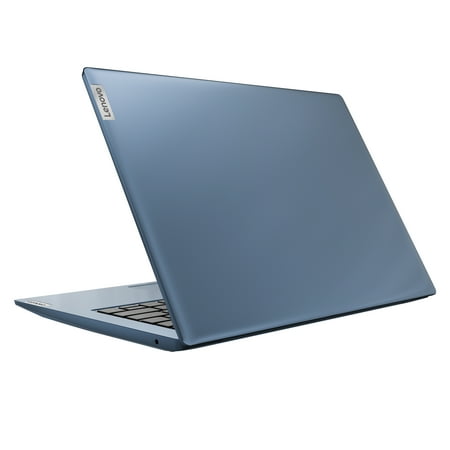HP Pavilion Laptop – 14t-dv000 touch optional (1S961AV_1)
Windows 10 Home 64. 11th Gen Intel® Core™ i5 processor. Intel® Iris® Xe Graphics. 8 GB memory; 256 GB SSD storage. 14″ diagonal HD display.
The Pavilion 14 Laptop packs more performance into a smaller profile, so you can get more done wherever you go. Enjoy mind-blowing entertainment with a micro-edge screen and Audio by B&O.
Instant gratification
Performance that’s one step ahead. Experience a laptop that can keep up with you with a premium 11th Gen Intel® processor.
Less to carry. More to enjoy.
A compact laptop that makes it easy to get work done on the go with a Precision Touchpad, while the long battery life and HP Fast Charge let you keep moving.
Epic entertainment
With Audio by B&O, a larger screen-to-body ratio, and micro-edge bezels that maximize your view, entertainment on your laptop feels like stuffing a large popcorn into the small bag.
Additional information
| Dimensions (W X D X H) | 12.8 x 8.53 x 0.67 in |
|---|---|
| Weight | 3.4 lb |
| Warranty | 1 year limited hardware warranty |
| Software included | McAfee LiveSafe™ 30-day trial offer (Internet access required. First 30 days included. Subscription required for live updates afterwards.) |






by Wendy
perfect size and speed for my everyday use! travels well.
by Beth
The hardest part of my computer is having to wait for it! It was all that I had hoped for. Still getting used to it, but I already love it!
by Candace
I received my laptop in the timing specified on my order. It’s okay overall. Battery life not so good and seems to die pretty quickly so I’m charging it more often than I’d like. I wanted to rate it as more of a 3.5/5. The graphics and responsiveness are nice.
by Andy
I needed a midsize laptop, with great memory, storage, speed and power, and this one is exceeding my expectations!
by Folly
Love my backlit keyboard and compact size just what I was looking for.
by Karai
Got my 14” Pavilion a few weeks ago and it was easy to set up! Everything is pretty much done for me. I bought the Microsoft Office 365 and it just took a few clicks for me to get on it. I’m overthinking everything because I hadn’t had a new laptop for more than 5 years. This laptop is pretty much ready to go and adding my old printer was almost a breeze. HP has done a lot to making my new laptop a great experience for me! Thanks HP!